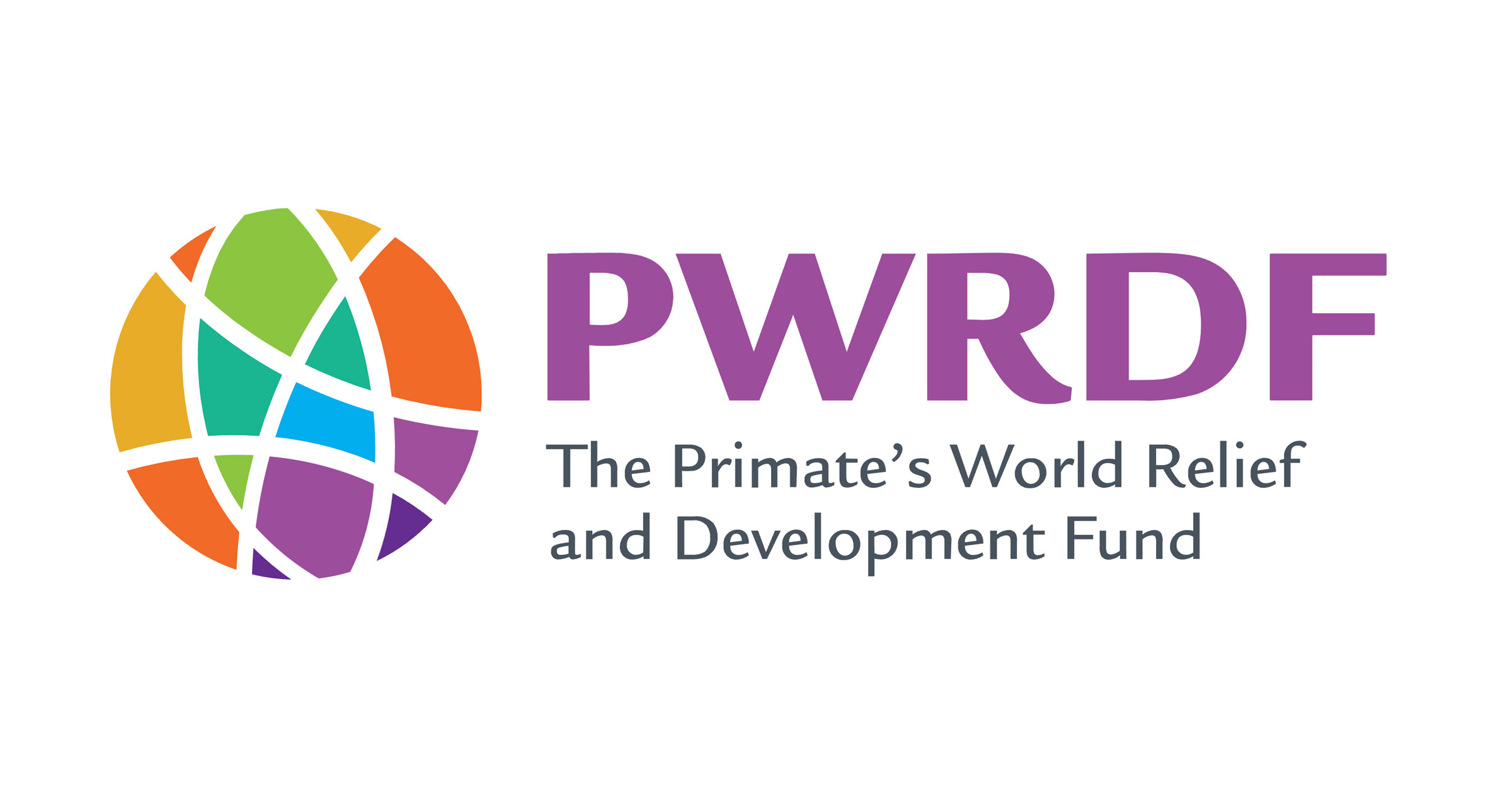I think most of us would consider ‘international development’ up there with ‘mothers and apple pie.’ It’s good, of course, but maybe kind of ambiguous? The Canadian government supports international development on our behalf, and some of us support it through our Anglican Church’s Primate’s World Relief and Development Fund (PWRDF). The question is, how does it actually work?
A year ago at this time, I was in India (pre-COVID) to see how it works. I was invited on behalf of PWRDF to be part of a food security learning tour arranged by the Canadian Foodgrains Bank (CFGB).
The CFGB is a partnership of 15 Canadian church-based agencies, like PWRDF, working together to end global hunger. It supports projects implemented by its members through their own local partner organizations in countries around the world, meeting both emergency food needs and achieving long-term solutions to hunger.
There are two core beliefs at the root of this work: that we are created in the image of God and that God’s desire is that no person should go hungry. Jesus makes it very clear what he expects of us in Matthew25:45 when he speaks of helping the hungry and says, “Truly I tell you, just as you did not do it to one of the least of these, you did not do it to me.”
Hunger can be chronic over a long period of time, either when people do not have enough food or enough nutritious food. It results in stunting the growth and mental activities of children and weakens the immune system. It is estimated that almost 700 million people do not have regular access to nutritious food. Of those, 70% are farmers and 60 % are women.
The most effective initiatives to address long term hunger include the communities facing hunger as active participants in creating solutions for their unique challenges, and this is what we saw on our tour. My companions were a dozen people from across Canada; mostly farmers like me. We visited projects supporting sustainable agriculture in an area of eastern India, several hours by train north of Kolkata. Food production has historically been very low here and the farms are small – averaging two acres. The farmers use traditional methods, and the soil is very poor; they work long and hard and yet they struggle to simply feed their families.
The local partner organization has focused on conservation agriculture. Lead farmers in each village have been taught new strategies such as crop rotations to improve production and new crops have been introduced to increase nutrition in the diet. The lead farmers mentor others and each village is supported by trained agricultural field men.
This is basic knowledge transfer, and it has transformed the way people farm. People now have kitchen gardens, which has increased their nutrition dramatically. They use compost and mulch.
Because of climate change, the monsoon rains come later now, and rainfall is inconsistent. Farmers are encouraged to diversify their crops from rice production which requires a lot of moisture to vegetable crop rotations and to use mulch between the plants to conserve moisture.
We were fortunate to hear firsthand the voices of those who were benefitting from this knowledge. Repeatedly we heard that they had been hungry before but could now feed their families and could afford to send children to school. Lives were being changed and the young people had hope for a better future. Women were being empowered to be equal partners in the community.
Nothing could have prepared me for the poverty I saw in India. Yet I was also surprised by the joy of these resilient people; they fed us from their gardens and showed their deep appreciation for the support and for this simple knowledge transfer that was enabling them to feed their families nutritious food and have hope for their children’s future.
So, how can we help? We can pray for the work of organizations like PWRDF and we can support respected organizations financially, as we are able. Last year PWRDF allocated more than $6 million to international development, working with organizations like the CFGB as well as local partners on projects like those I was able to visit. I hope you will check out the website at www.pwrdf.org to read stories of some of the wonderful work being done on behalf of Canadian Anglicans.




